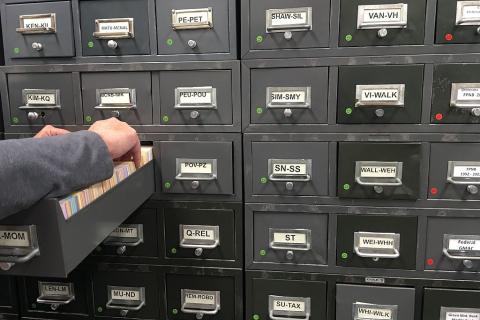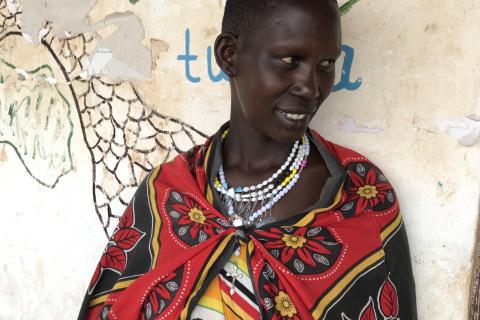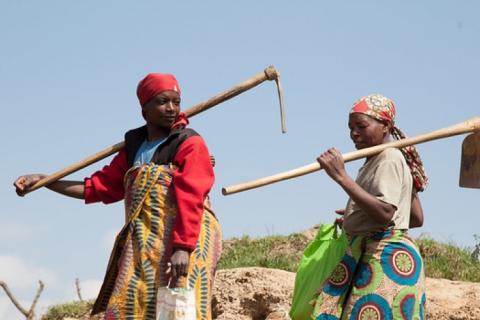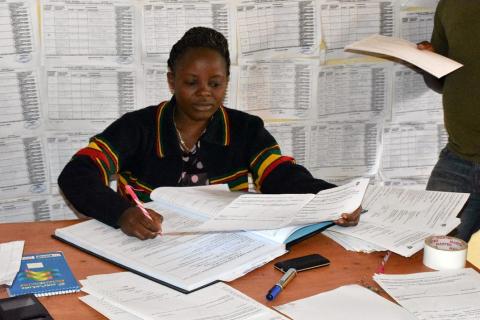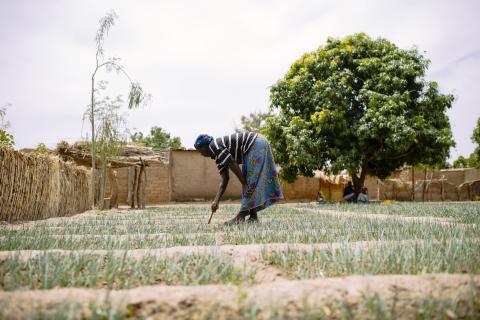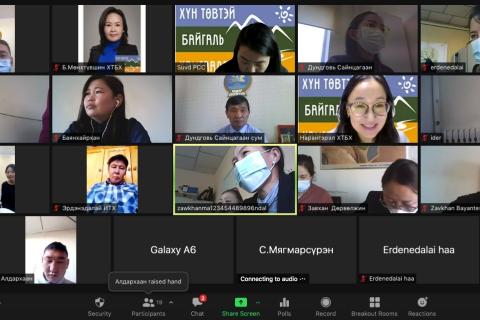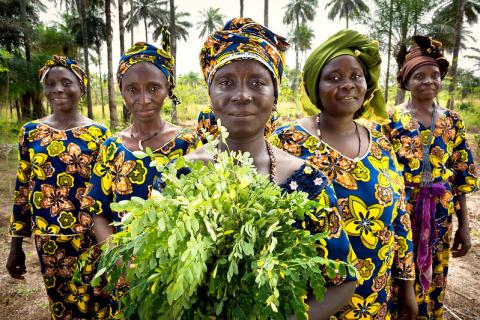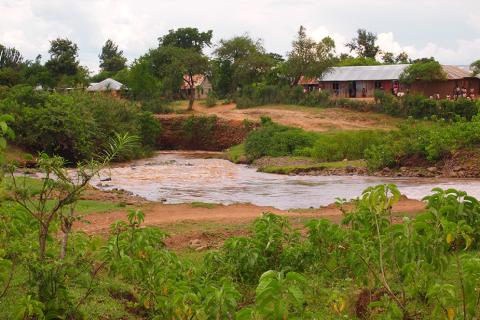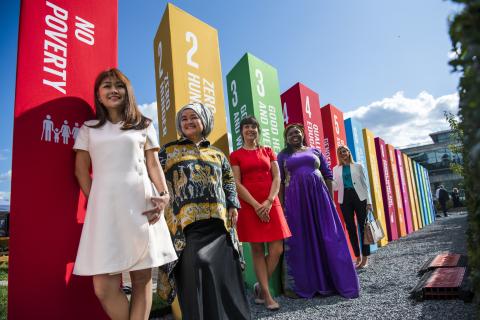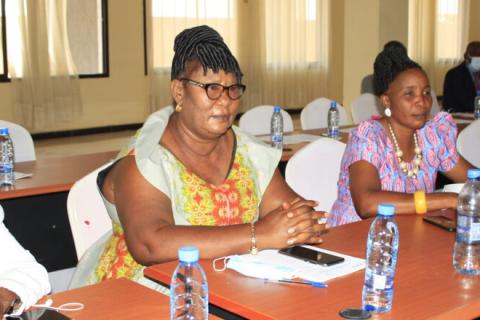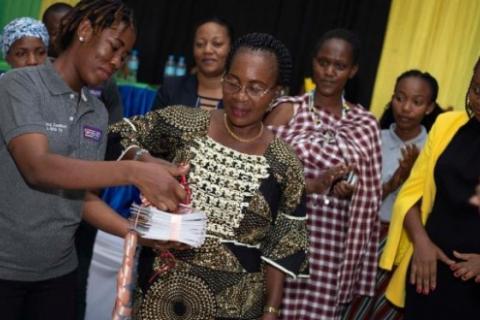Kenya’s Digitization of Land Records Enhances its Capacity to Monitor and Report Progress on National, Regional and Global Development Commitments
In April 2021, Kenya, through the Ministry of Lands and Physical Planning (MoLPP) and the National Land Commission (NLC) achieved an unprecedented milestone in land management and administration by launching the National Land Information Management System (NLIMS) dubbed Ardhisasa.

